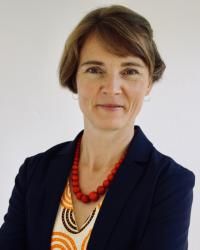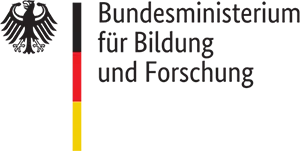Emily McGiffin is an interdisciplinary scholar working at the intersection of arts, politics, and environmental justice. She has held research and teaching positions at the University of British Columbia, the University of Edinburgh and York University. Her work is particularly concerned with questions related to environmental degradation, inequality, extractive industries, land and place, and artistic engagement with these themes. Her current research investigates arts and extractivism, with emphasis on the environmental injustices and inequalities within the aluminum supply chain and the role of aluminum in shaping uneven global modernities. McGiffin’s MIASA project considers the social and environmental damages caused by Guinea’s rapidly expanding bauxite industry, and the role of the arts in civil society efforts to mitigate these effects. She is the author of numerous chapters and articles as well as the monograph Of Land, Bones, and Money: Toward a South African Ecopoetics (University of Virginia Press, 2019).
You are currently viewing a placeholder content from X. To access the actual content, click the button below. Please note that doing so will share data with third-party providers.
More Information



